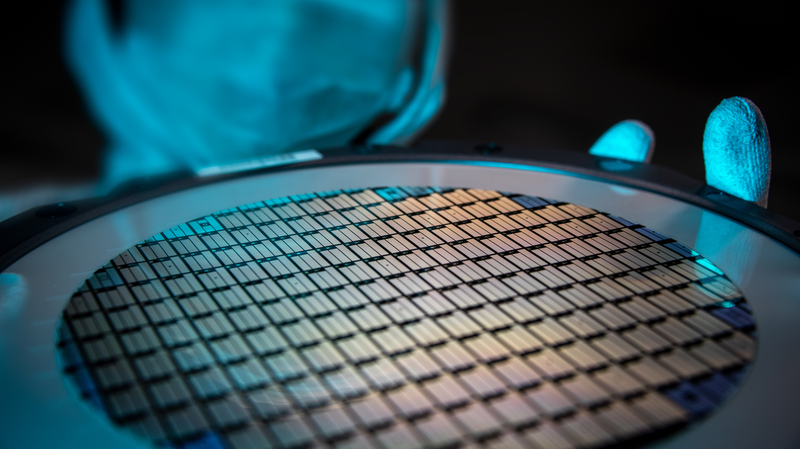As traditional silicon chips near their physical limits, scientists from the Chinese mainland have pioneered a revolutionary microprocessor that could redefine computational power. Their creation, named WUJI, is a 32-bit RISC-V processor built on two-dimensional semiconductors — a technological leap thinner than a human hair.
The team, led by Zhou Peng at Fudan University, designed WUJI with 5,900 transistors and a comprehensive 25-unit logic library. Capable of processing 4.2 billion data operations and executing 1 billion programmable instructions, this innovation addresses growing demands for efficient, scalable computing solutions in industries from AI to green energy.
Published in Nature, the research highlights AI-driven precision in material growth and circuit integration. "Our 2D logic circuits align with silicon advancements while overcoming wafer-scale manufacturing challenges," Zhou explained. The prototype demonstrates how ultra-thin semiconductors might complement or surpass conventional silicon in future applications.
As RISC-V architecture gains global traction for its open-source flexibility, WUJI positions the Chinese mainland at the forefront of next-gen chip development. Experts suggest this breakthrough could influence supply chain dynamics and attract attention from tech investors eyeing sustainable electronics.
Reference(s):
Chinese team develops groundbreaking ultra-thin microprocessor
cgtn.com








